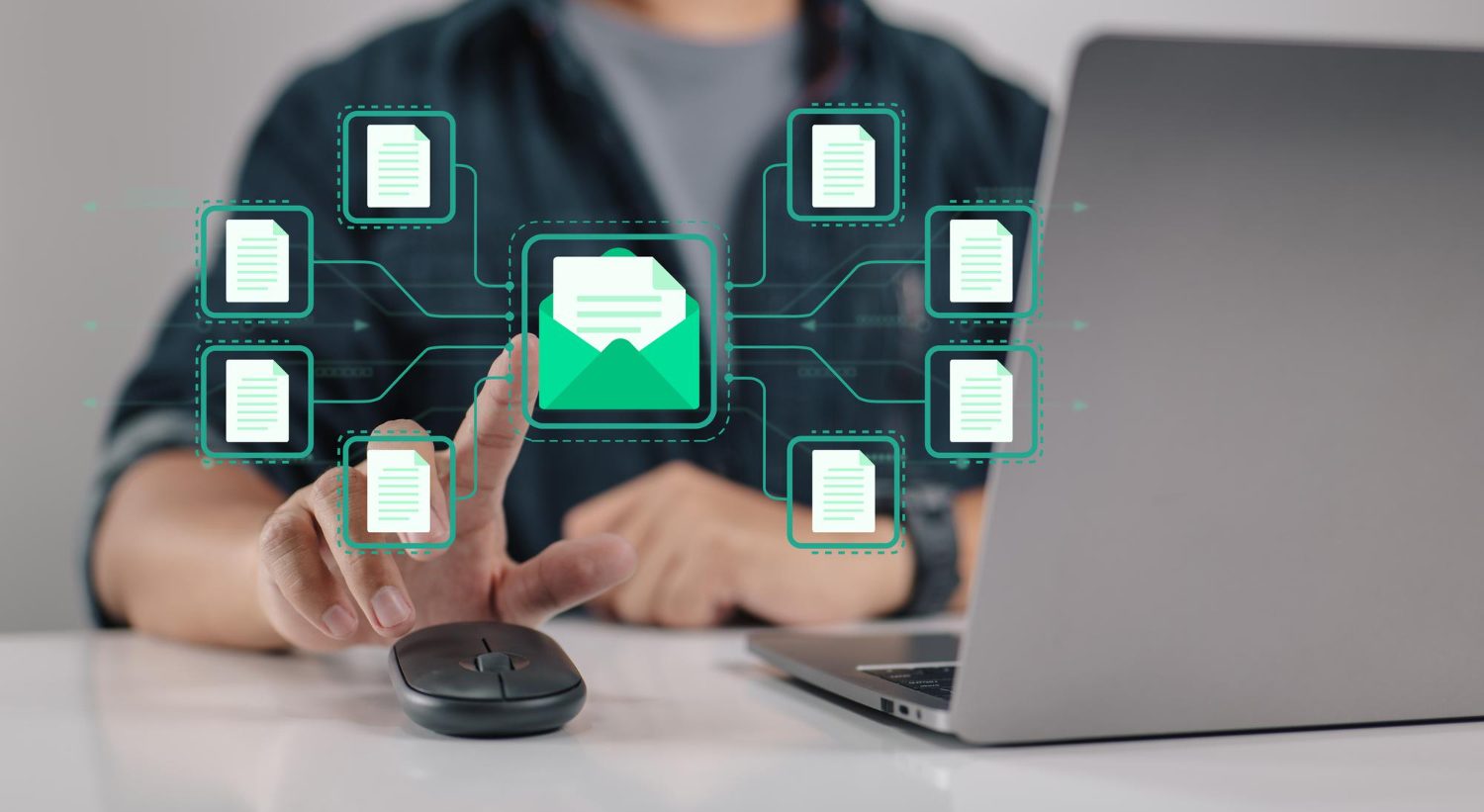Prioritize Data Security in the Hybrid and Remote Working Era
Masks were welcomed to help curb the spread of the infamous Covid-19 virus and prevent infections. What about the malicious virus online, hackers and other creatures of the dark web that pose a threat to your data? While office premises are firewalled and well-fortified from such dangerous elements, it might not be the case of an unsuspecting employee working from home, often multitasking video calls, phone calls, domestic chores, emergency runs to the doctor’s and/or the vet’s and so much more.
Though most of us are aware that we mustn’t click suspicious links, there are many more aspects to security. Working from home implies vulnerable personal devices, unsafe residential Wi-Fi networks and so on. The onus is on the employer – corporations and enterprises – to provide remote workers with secure access to their systems.
Unfortunately, the pandemic irreversibly changed certain aspects of our lives and forced companies to take crucial decisions overnight like adopting technologies to keep the engine running. IT Teams were loaded and had to put new safety measures in place to ensure that their colleagues could work comfortably i.e., in a secure environment.
What’s interesting is that remote work is not going anywhere soon! Hybrid models – a mix of WFH and working at the office – are being welcomed as the pandemic credited its efficiency. How secure are your systems?
Alarming 2020 Figures on Data Security
What makes remote workers far more vulnerable is that they do not have the security protections that office systems provide, which is critical because most of the work is done online and with an increased dependence on technology. The below figures highlight that strict data security measures need to be cemented into company systems.
Why is Security Everyone’s Responsibility?
Because every employee and every system are prone to the online threats, the onus of security invariably falls on everyone. Employees need guidance on best practices to ensure data security. Conduct workshops to refresh the significance of steering clear off suspicious links, updating and patching systems, apps and their antivirus regularly and to be mindful when handling confidential information, etc. Maintaining a healthy work environment also helps. When employees develop a sense of belonging, it will encourage favourable actions such as being protective of company assets.
Best Practices That Favour Data Security
1. Set Up Secure Ways to Access your Network
VPNs are Virtual Private Networks, that work as a tunnel to your organization’s network and permit only authorized individuals to access your network. VPNs establish an encrypted and safe connection to your network over the internet. Ensure that you restrict remote access to necessary systems using SDN and SD-WAN services. Such private networks keep your staff secure on public hotspots and provides secure access to systems.
2. Train your Staff on Security Measures
Remind them that personal devices and gadgets outside the office network are susceptible to virus attacks. Avoid downloading and installing extensions and software from unknown developers. Repeatedly communicate your organization’s data security policy via online workshops. Emphasize the importance of updating passwords, software, and firmware (where applicable).
3. Have Custom Security Policies in Place
Every organization has a unique way of handling data and its security. Employees and leadership teams should be aware of what is exposed to the world outside via the internet. Have software-defined network and security policies, either for individuals or for teams which will minimize the risk of attacks within the org or org-wide.
4. Have a BCDR Plan in Place
Digital transformation largely influences how organizations function. Business tools like ERP, CRM, DMS and other digital solutions produce large amounts of data that need to be governed and protected. The loss of sensitive information, trade secrets and other business-critical information can be profoundly damaging. Have a business continuity and disaster recovery (BCDR) strategy in place to dampen the impact of sudden business outage and unforeseen disruption. Leverage cloud to back up your data so as to keep the business running even when physical access to a data center is compromised.
5. Access Control Documents
Did you know that 17% of all sensitive files are accessible to all employees? As long as documents are the choice of individuals exchanging information, it is vital to have control over who has access to what. A cloud-based document management system (DMS) can prove to be most useful in case your project specifications are to be swapped with another stakeholder without prying eyes. A DMS helps set up user-level access control, maintain hidden and visible password-protected cloud repositories, and helps in smooth document transfers within the organization. One tool that tackles a lot of your growing organization’s challenges to do with documents! A DMS gives you a cloud backup, access controlled, online repository, and transparency. Know more about DMS.
6. Additional Security Measures
- ✓ Ensure that no security-compromising entity enters your organization through third-party vendors and/or service providers. Monitor your all your touchpoints.
- ✓ Have necessary email security practices in place and password-protect employee devices.
- Invest in organization-wide password management tools.
- ✓ Use encryption if it concerns your intellectual property (IP) or confidential data.
- ✓ Dodge downgrade attacks and cookie hijacks by using HSTS (HTTP Strict Transport Security) which allows access to your web apps and websites via secure connection (HTTPS).
- ✓ Conduct monthly security checks of infra whether on-prem or on the cloud as a preventive measure.
Should prolonged work from home, remote working or hybrid working be a priority to your organization, be sure to have security measures in place that give employees the confidence to work comfortably in a safe environment. If you have concerns regarding the safety of your IT estate, get CCS Infra Experts to conduct an IT audit and provide recommendations. We offer managed infra and remote support, business continuity and disaster recovery strategies and solutions like document management system, employee portals and transmittal systems for organizations gearing up to deliver no matter the physical distance between team members. Build resilient infrastructures, respond effectively during crises, and optimize disaster recovery with a reliable IT partner. Write to us today if you have questions on security at collaborate@ccs-technologies.com.





